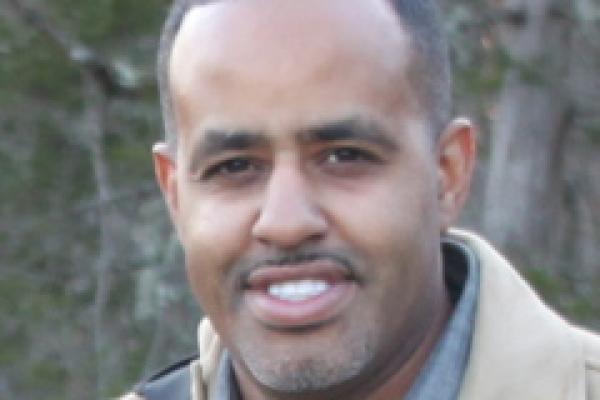Last Thursday, Jan. 12, I was arrested in the Bronx for civil disobedience along with 43 others. It was a group that consisted mainly of clergy and church laity, a grassroots evangelical effort led by Bronx Councilmen Fernando Cabrera. Our protest was aimed at the city’s decision to prevent 160 churches from renting worship space in public schools beginning, Feb. 12.
I would like to clarify the nature of my involvement. I remain a proponent of healthy boundaries between church and state. The church I presently lead does not meet in a public school, and we’re not faced with an impending threat of relocation. My inspiration to protest began when I discovered how the city’s decision would affect churches in the Bronx — the poorest urban county in the country.
If New York City remains a trendsetter, a decision like this could lead to numerous copycat decisions in poorer districts all over the country.
Read the Full Article

